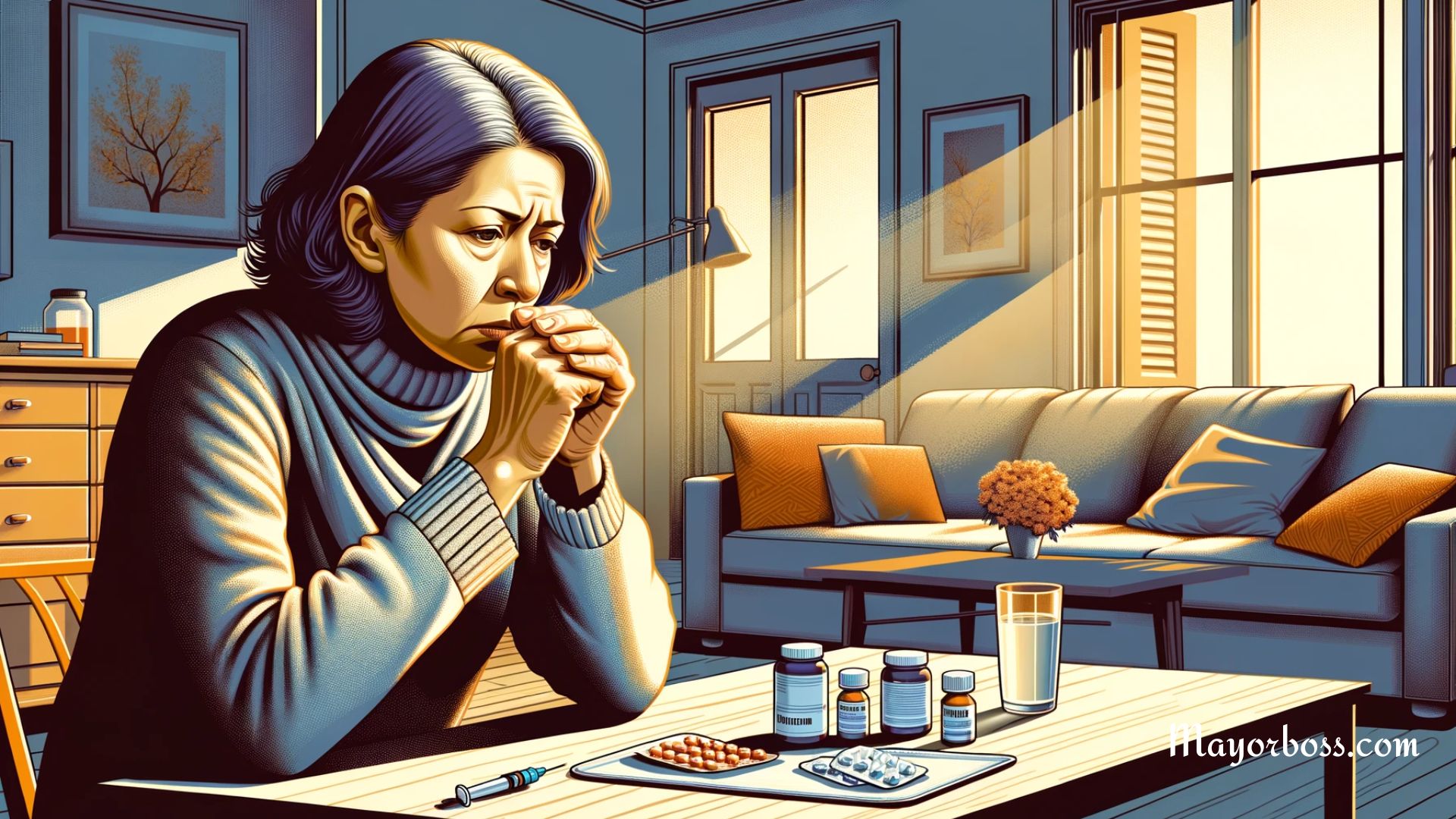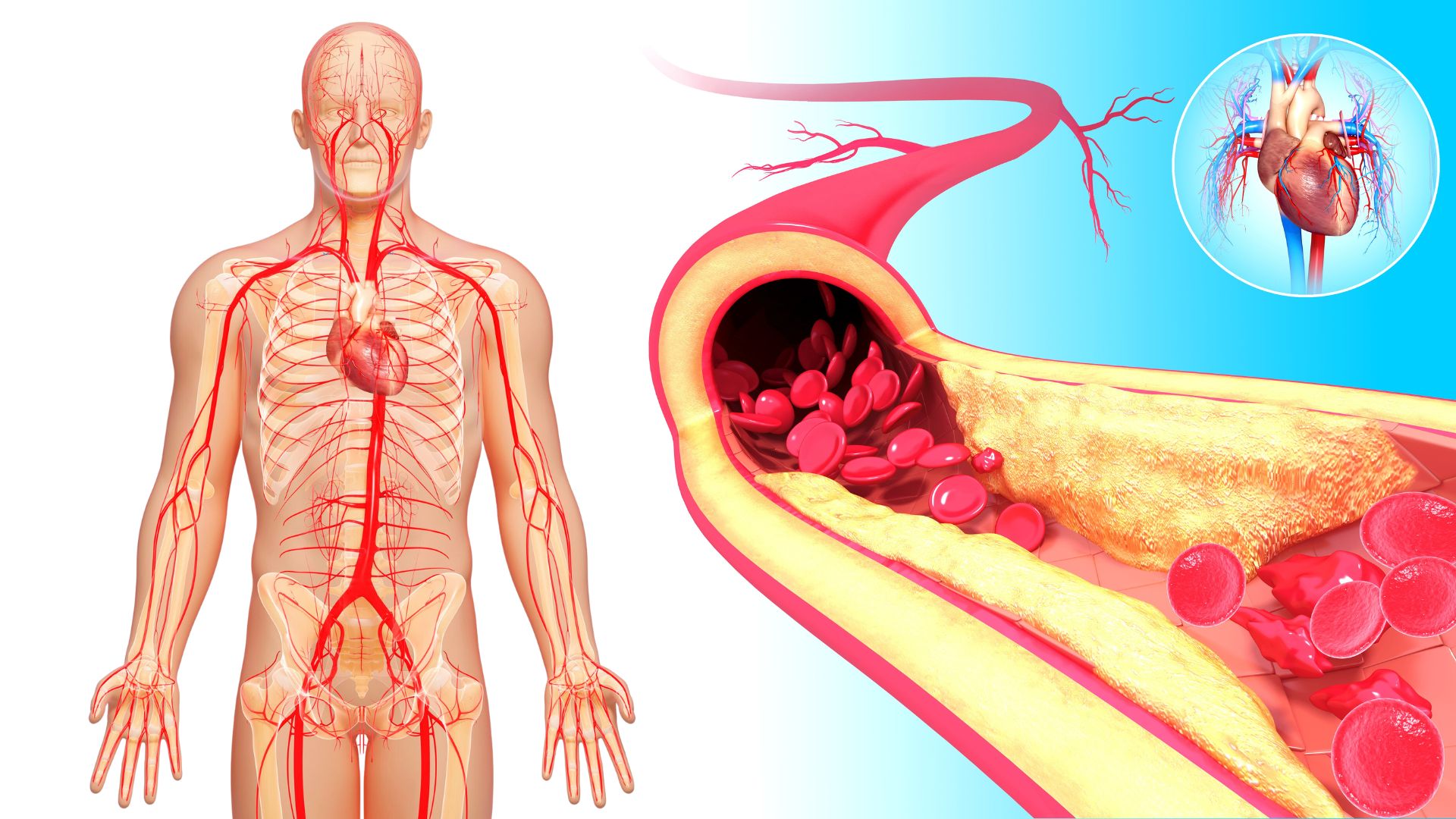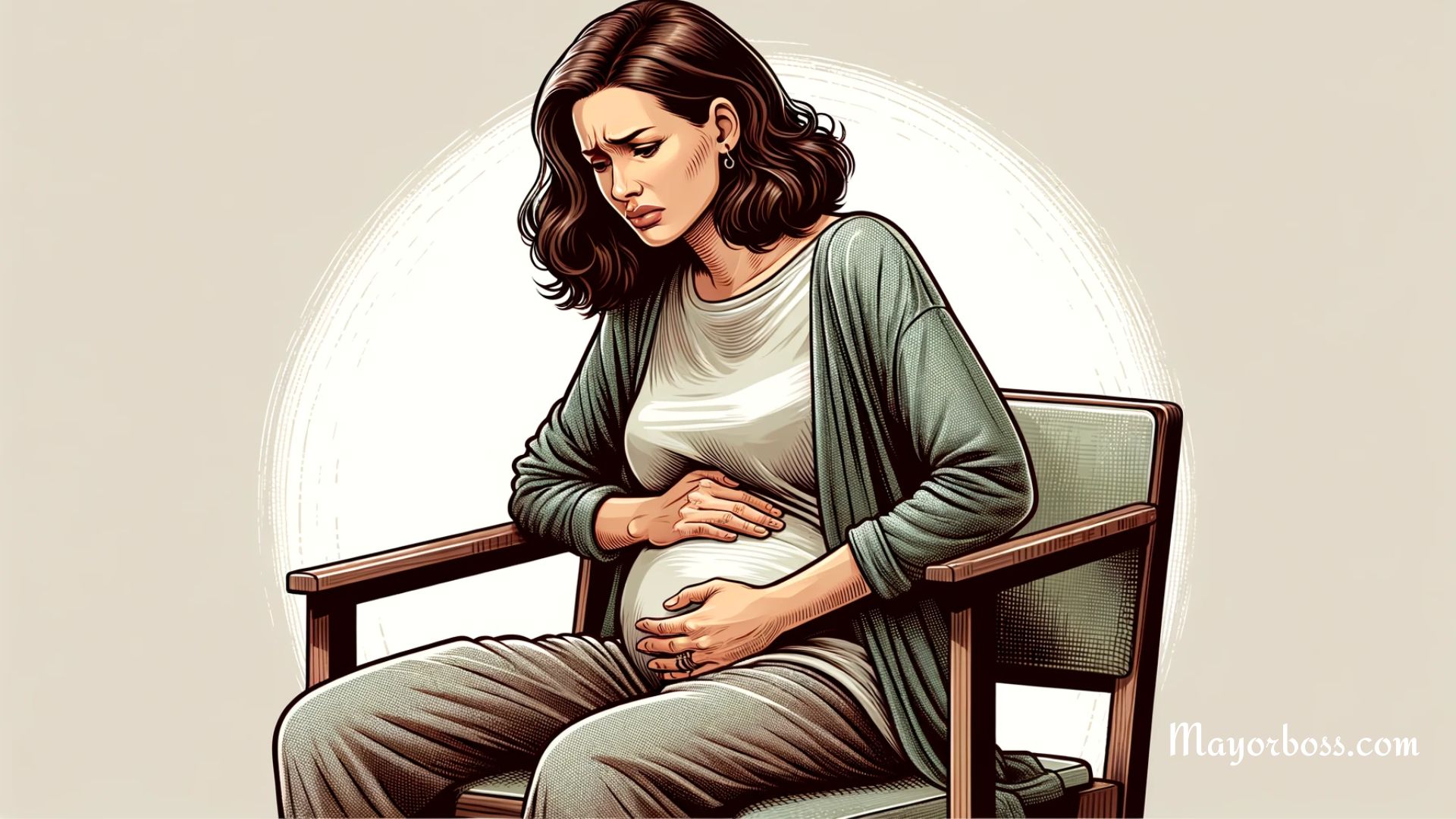10 Symptoms of Adult ADHD That You Shouldn’t Ignore
Do you want to know the symptoms of adult ADHD? Adult ADHD, or Attention-Deficit/Hyperactivity Disorder, can be hard to spot. It’s a condition that impacts your focus, self-control, and organization skills. Many adults don’t realize they have ADHD because the symptoms might look a bit different than they do in kids.
Below, we’ll talk about ten symptoms of adult ADHD that you should watch out for.
1. Difficulty Paying Attention
If you find it hard to focus on tasks, even ones you like, it could be a sign of ADHD. This doesn’t just happen once or twice; it’s a constant challenge. According to experts, losing track of details and being unable to stick with tasks are common with this disorder.
2. Impulsiveness
Acting without thinking might not be just a personality trait. In fact, it could indicate ADHD. People with ADHD often make quick decisions without considering the consequences.
3. Hyperactivity and Restlessness
Unlike kids, adults with ADHD don’t usually run around all the time. Instead, they might feel a constant urge to move. This might show up as fidgeting, tapping, or being unable to sit still.

4. Problems with Organization
Do you struggle with keeping things in order? If organizing tasks and managing time are constant battles for you, this might be another clue that ADHD is involved. People with ADHD often have trouble with these skills.
5. Forgetfulness
Being forgetful occasionally is normal. But if you regularly forget appointments or misplace things, it could be a sign of ADHD.
6. Difficulty Following Instructions
If you often find yourself confused when given directions, it’s possible that ADHD is the culprit. Completing tasks that require following sequential instructions might be especially challenging.
7. Frequent Mood Swings
People with ADHD can experience mood swings. If you find that your emotions are often up and down, it could be related to this disorder.

8. Frustration and Irritability
Do you get easily frustrated or irritated? This isn’t always a sign of ADHD, but when combined with other symptoms, it might be part of the picture.
9. Struggling with Relationships
According to research, difficulties in maintaining relationships might be associated with ADHD. This could include trouble listening to others or understanding social cues.
10. Poor Self-Image
If you often feel down about yourself or doubt your abilities, ADHD might be a factor. These feelings might stem from the constant struggle with the symptoms mentioned above.
Adult ADHD is more common than you may think. If you recognize these symptoms in yourself, it’s a good idea to talk with your doctor. They can help you figure out what’s going on and support you in finding ways to manage these challenges.
Frequently Asked Questions
What Causes Adult ADHD?
The exact cause of Adult ADHD isn’t completely known. However, most scientists agree that genetics play a significant role. Other factors, such as brain injury or exposure to toxins during childhood, might also contribute.
Can Adult ADHD Be Cured?
There’s no cure for ADHD, but don’t worry! Treatment options like therapy, medication, and lifestyle changes can help you manage the symptoms. According to medical professionals, a combination of these treatments is often the most effective approach.
3. How Is Adult ADHD Diagnosed?
Diagnosing Adult ADHD involves a detailed assessment by a healthcare provider. They will likely ask about your symptoms and medical history and might use specific questionnaires or tests. Sometimes, they may want information from people close to you, like a partner or friend, to get a full picture of your daily life.
Is ADHD Only a Problem in Children?
Nope, ADHD isn’t just a children’s issue. While it often starts in childhood, the symptoms can continue into adulthood. In fact, many adults don’t even realize they have ADHD until later in life, when the symptoms start to interfere with their daily activities.
What If I Think I Have Adult ADHD, but I’m Not Sure?
If you think you might have Adult ADHD, it’s a great idea to speak with a family physician, psychologist, psychiatrist, or neurologist. They are trained to evaluate your symptoms and can help you figure out what’s going on. If you do have ADHD, they can guide you to the right treatments to help you live your best life. It’s better to reach out and get help than to keep wondering!
For more information about diagnosis and treatment, please visit the websites of the National Resource Center on ADHD.






